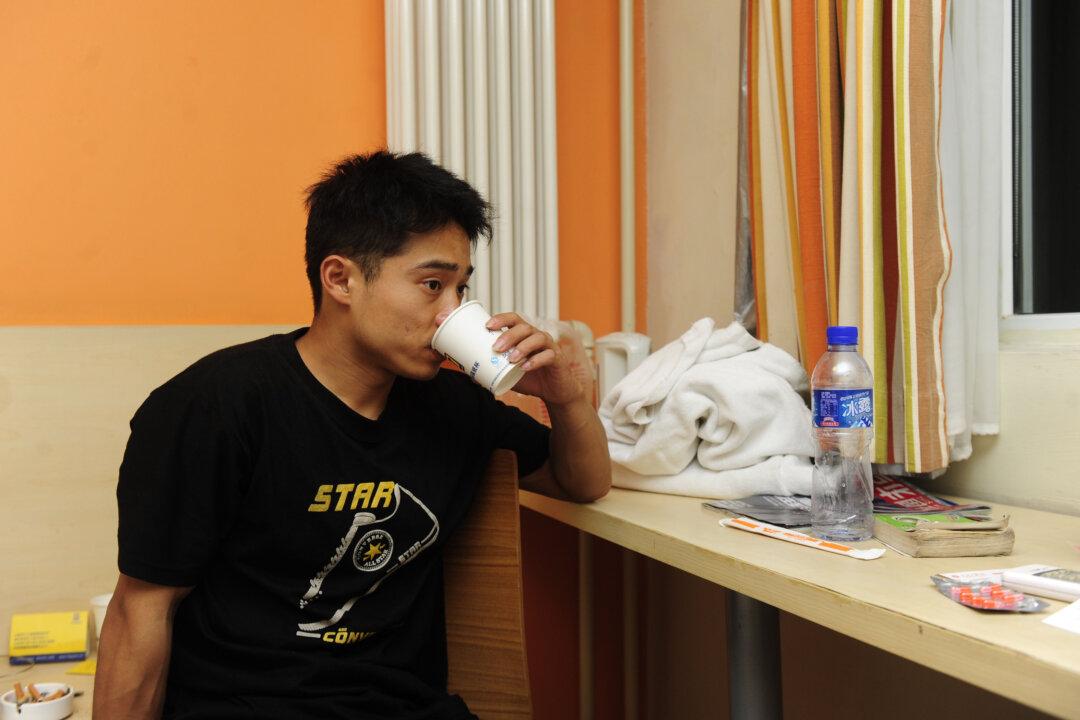Zhang Huikang, a middle-aged man from Shanghai, makes his meager living selling sports-themed lottery tickets from a street kiosk. It’s a long drop from his life in the late 1980s, when he was a professional goalie and on the roster for the Chinese soccer team slated to compete in the 1988 Seoul Olympics.
But in 1991, when Zhang suffered a head injury while playing for Hong Kong’s South China Football Team, he was weeded out and soon retired in 1993 at the age of 31. Aside from his kiosk, which Zhang runs with his mother, he also receives a monthly pension of about 135 yuan (about $20).
For many of these fallen heroes, the Chinese expression "men to robbery, women to prostitution" is painfully apt.




